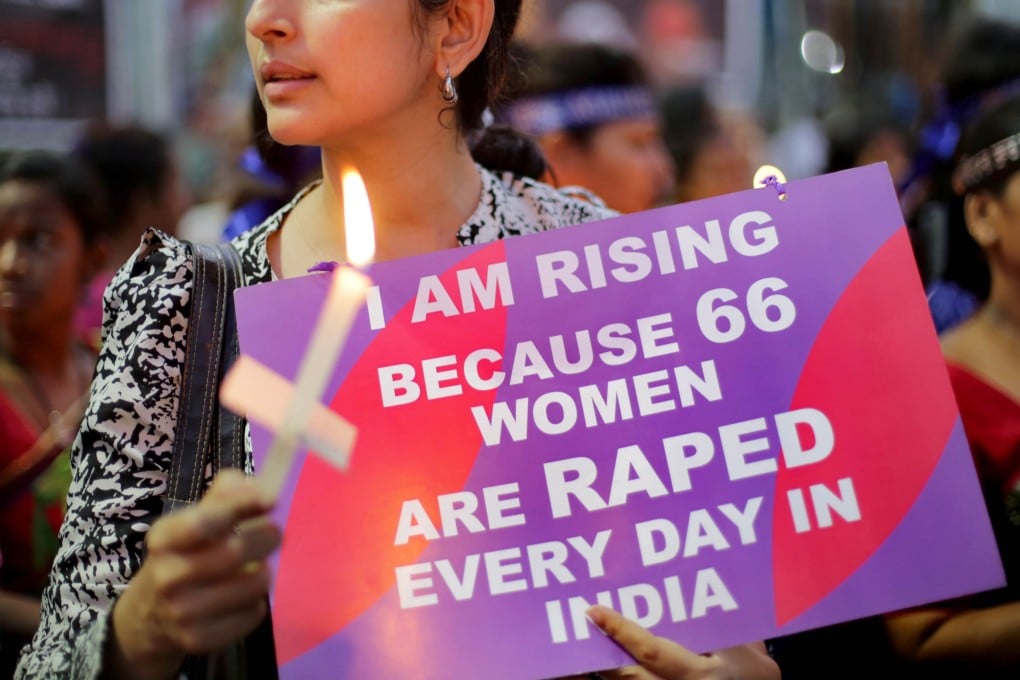In India, was a high-profile sexual assault case let down by poor policing and victim-blaming?
- A journalist took eight years to bring her alleged rapist to court, only for him to be acquitted over discrepancies and delays in the collection of evidence
- The judge’s 527-page judgment also included intimate details of the woman’s private life, shifting the accusing gaze towards the survivor

When an Indian journalist took her editor to court in 2013 for allegedly sexually assaulting her in a hotel lift, she hoped the case would be a measure of justice in a country where sexual harassment by men often goes unreported and survivors seldom receive a fair trial.
But a Goa district court’s acquittal last month of Tarun Tejpal, the editor of Tehelka magazine, has incensed women’s rights activists while also raising questions about how the police had handled the case.
According to local media reports, the court found that the local authorities had attempted to deny Tejpal a fair trial, citing discrepancies and intentional delays in the collection of CCTV footage that amounted to the destruction of evidence.

Lawyers and activists have also questioned why the judicial system is turning its accusing gaze towards the survivor, and what this means for other women who want to come forward in sexual harassment or assault cases.
Kavita Krishnan, an activist and secretary of the All India Progressive Women’s Association, said the ruling was biased against not only the accuser but also against feminism and activists, and it underlined that no woman could ever expect a fair trial in a sexual assault case in India.
“We discover that the court quickly decided that no sexual interactions occurred in the lift: the complainant was lying and fabricating a story of sexual assault. The adjectives ‘manipulative’, ‘evasive’, ‘twisting’, ‘doctoring’, and ‘false’ are often used to describe the complainant,” Krishnan said.
Justice Kshama M Joshi’s 527-page judgment delves into the survivor’s private life, past and present relationships, conversations with friends, and her own ideas on sexual consent and rape.